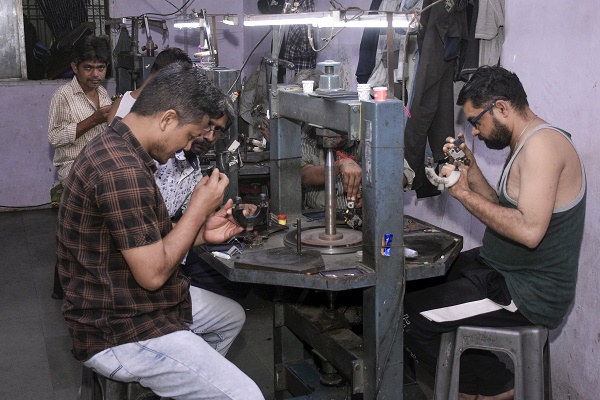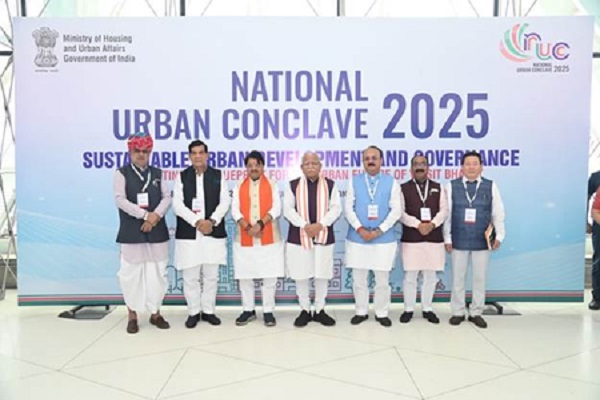Adoption of circular economy can create 1 lakh jobs in India, says report

Adoption of a circular economy -- which involves sharing, leasing, reusing, repairing, refurbishing, and recycling existing materials -- can ensure zero waste of fashion and help create 1 lakh jobs in India, according to a report on Monday.
The report by Primus Partners, in collaboration with the Government of Maharashtra, outlines a strategic roadmap to transform India’s textile industry into a sustainable and circular economy by 2047. It was released at Bharat Tex 2025, held from February 14-17 at Bharat Mandapam.
The opportunity to address textile waste is valued at $3.5 billion over the next five years, requiring robust policy support, industry collaboration, and active consumer engagement. The shift towards circular fashion could generate employment, about 1 lakh across recycling, sustainable manufacturing, and innovation, the report said.
The report presents a comprehensive analysis identifying key barriers to the adoption of sustainable practices, based on a survey conducted among industries and citizens. These challenges include financial constraints, limited adoption of green technologies, skill gaps, low awareness and demand for sustainable products, and fragmented policies.
In addition, the growing influence of ultra-fast fashion, driven by social media trends, has further exacerbated the issue of textile waste.
The report integrates the 5F approach -- farm, fibre, factory, fashion, and foreign -- to ensure sustainable practices are embedded at every stage of the textile value chain.
Further, to enhance textile-waste infrastructure and market development, it proposed setting up textile waste collection centres.
“To tackle India’s textile waste issue, a comprehensive approach is essential, including a unified B2B digital marketplace for pre-consumer waste, consumer education, revised textile labelling, and skill development,” said Kanishk Maheshwari, Co-Founder, and Managing Director of Primus Partners.
Strengthening the policy and regulatory framework, the report also calls for a national policy for sustainable textiles and an Extended Producer Responsibility (EPR) scheme for the sector.
“The introduction of an Extended Producer Responsibility scheme will also be transformative, holding producers accountable for the lifecycle of their products and positioning us at the forefront of a sustainable, circular economy,” Maheshwari said.






















